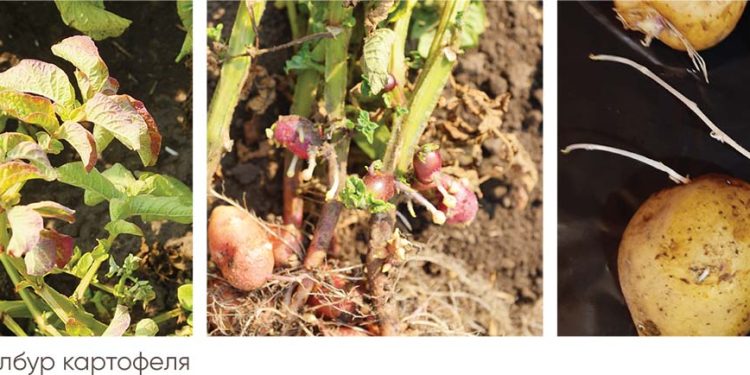This article explores the impact of Potato Stolbur Phytoplasma (STOL) on potato crops and offers insights into the prevention and treatment strategies for farmers. By analyzing the latest data and research findings, we aim to create awareness about STOL and its consequences on crop yield.
Potato Stolbur Phytoplasma, commonly known as STOL, is a bacterial pathogen that affects potato crops and results in severe yield loss. According to the latest research findings, STOL infection can cause up to 80% yield loss in potato crops. The bacterium is spread through leafhoppers, which are common pests in potato fields.
The development of STOL infection can lead to various consequences, such as reduced potato quality, economic losses, and even the collapse of the potato industry in certain regions. Farmers must take preventative measures to control the spread of STOL, including using insecticides, maintaining healthy soil conditions, and ensuring that infected plants are promptly removed from the field.
Moreover, treatment strategies such as the use of antibiotics and plant resistance breeding programs have been developed to control STOL infections. These strategies have been successful in reducing the spread of STOL in potato crops.
In conclusion, Potato Stolbur Phytoplasma is a severe threat to potato crops and can result in significant yield loss. Farmers should take preventative measures to control the spread of STOL and implement treatment strategies when necessary. By raising awareness about STOL and its consequences, we can ensure the sustainability of potato crop production in the long run.
Tags: #STOL #potato #crophealth #agriculture #phytoplasma #farmerawareness #preventativemeasures #treatmentstrategies #yieldloss #soilhealth






